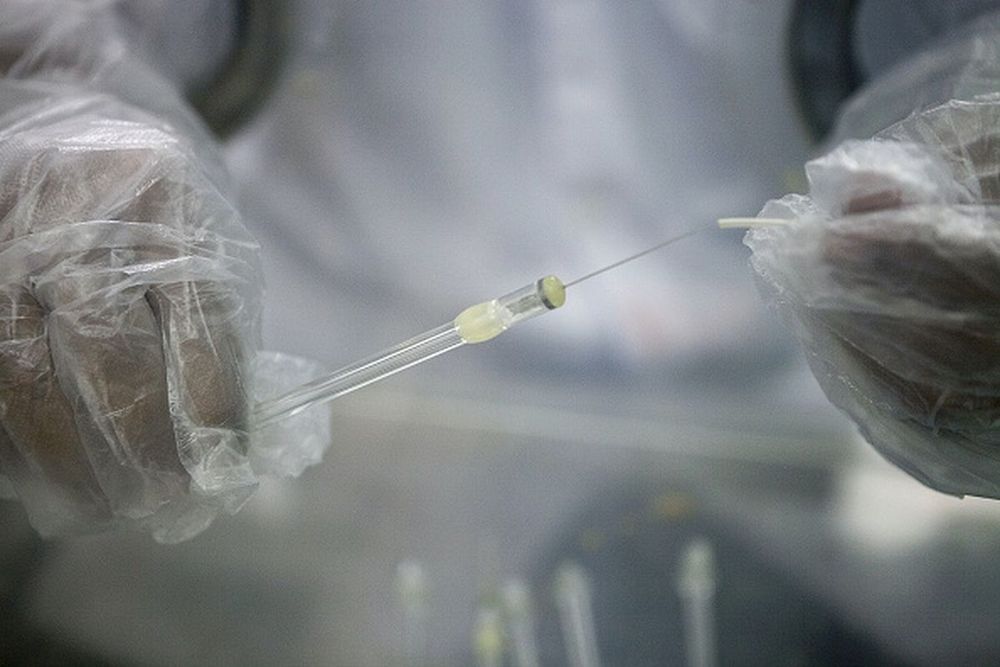But however promising RISUG may seem, and however much the world needs a new form of male birth control, some researchers are skeptical. And a closer look at the most recent phase three clinical trial of the treatment in India suggests there’s good reason to be cautious.
Sharma recently published the results of the clinical trial on RISUG in the Indian Journal of Medical Research, and it tells a slightly more complicated story than what he’s been telling the press. The study involved 139 men under the age of 41 who were living with their wives and had at least two children each. The men were given a single dose of RISUG and then followed up by doctors for six months. Their wives were also monitored to find out if they became pregnant. Note: This is a small, short-term study.
Importantly, the partners of the 133 men in the trial who got the shot didn’t get pregnant despite having unprotected sex.
